Please find below our schedule for History on Wednesday, Semester One.
Please note that all Seminars in Semester 1, 2020 will take place in the MECO Seminar Room S226, Woolley Building, from 12:10 pm-1:30 pm.
This room can be best accessed just across from the new Education Building off Manning Road.
For more information, please contact seminar convenor Professor Michael McDonnell.
COVID-19 Update: In accordance with the University of Sydney decision to postpone or cancel all on-campus events, History on Wednesday is temporarily suspended and the following talks will not be taking place. We apologise for any inconvenience, and will provide more updates as the situation develops.
Mar. 11 – Baz Lecocq, Humboldt University of Berlin, “Awad El Djouh: A Global Microhistory of Slavery and Abolition in the 1950s”
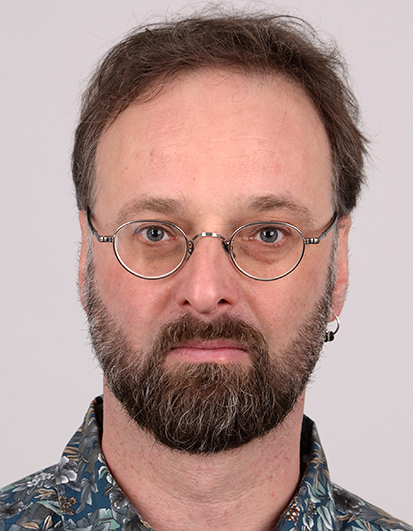
Abstract: Microhistory has become a trend in global history in the past few years. What global history actually is, is not, or could be, is still and ongoing discussion, which is complicated by being set in different national languages and historiographies, each making use of terminologies that bring along various connotations that both define and obscure differentiations. What most agree on, is that microhistory is not just detailed history, and global history needs to be grounded to be convincing, and to be grounded it needs to be based in intimate knowledge of a local situation. In this paper (part of an introduction to a monograph) I will argue that a translocal perspective of any historical field is the most fruitful way to combine the micro with the global. I will do so departing from a detailed case study of a mid-1950s global media hype surrounding slave trade from West Africa to Saudi Arabia.
Bio: I studied history and area studies at Leiden University and Amsterdam University, specialising in the history of Africa and the Muslim World. I am interested in the ways human experiences and the historically informed discourses about these experiences shape each other. In other words: I acknowledge the existence of both social reality and its discursive reflection, and I take a middle position between deconstructivist textual and classical social science approaches to the historical discipline balancing each against the other. I am fascinated by human, spatial and intellectual tensions of scale which come to play in politics, social connectivity, and processes of identity formation (nationalism, ethnicity, religion, race), and their representations (poetry and song, media stories, oral histories and discourse, and, to a lesser extent photography and film). My findings are usually presented as detailed micro histories, taking the connectivity between these histories and larger processes and structures as an integral part of those histories, rather than as their background. In my work, agency is central and it shapes structure, not the other way around (which, in my opinion, denies history to be human endeavour and would make me lose all hope for change). So far my work has focussed on the contemporary histories of decolonisation and nation building in Francophone West Africa and the Sahara from the perspective of the Kel Tamasheq or Tuareg people, and on the Hajj pilgrimage to Mecca from West Africa and its various spatial, political, social, religious and economic dimensions. Recently I have taken an interest in the social, cultural and political meanings, possibilities, and constraints of mechanical means of transport (ships, trains, cars, and aeroplanes) in the processes of globalisation and modernisation on the African continent.
Mar. 25 – David Walker, Deakin University, “Stranded Nation: Australia’s responses to Asia from the 1930s to the 1970s”
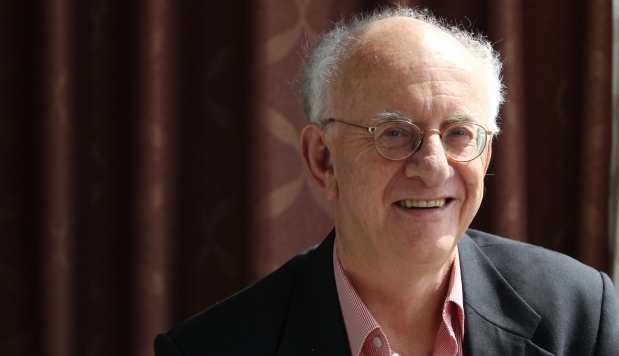
Abstract: Stranded Nation examines how a ‘white’ nation, harbouring deep anxieties about rising Asia, sought to convince both itself and its neighbours that it belonged to the Asian region. In the period 1930 to 1970 Australia undertook a momentous turn to the East. This history addresses issues of race, white prestige and belonging in a world shaken and transformed by decolonization. The psychology of Asia was often seen as the elusive key to understanding the region rather than social and economic circumstances. It will be argued that Asian visitors to Australia in the 1950s and 1960s played a larger role in undermining ‘White Australia’ that historians have recognized.
Bio: David Walker was the inaugural BHP Chair of Australian Studies at Peking University (2013-2016). His extensive writing on Australian representations of Asia includes Stranded Nation: White Australia in an Asian Region (UWA Publishing 2019). This is a companion to Anxious Nation: Australia and the Rise of Asia, 1850 to 1939 (UQP, 1999) which was translated into Chinese and Hindi. He is the co-editor with Agnieszka Sobocinska of Australia’s Asia: From Yellow Peril to Asian Century (UWA Publishing, 2012). His Asia-related essays have appeared as Encountering Turbulence: Asia in the Australian Imaginary (Readworthy, 2013). In a different vein he has written a ‘personal history’, Not Dark Yet (Giramondo, 2011) exploring family, memory and his experience of becoming ‘legally blind’. A Chinese translation (光明行 ) was published in 2014. David Walker is an Alfred Deakin Professor, Deakin University and an Honorary Professorial Fellow at the Asia Institute, University of Melbourne. He is a Fellow of the Academy of the Social Sciences in Australia and the Australian Academy of the Humanities. He received an AM in 2018.
Apr. 22 – Ludmilla Jordanova, Durham University, “Portraits, Histories, Institutions”
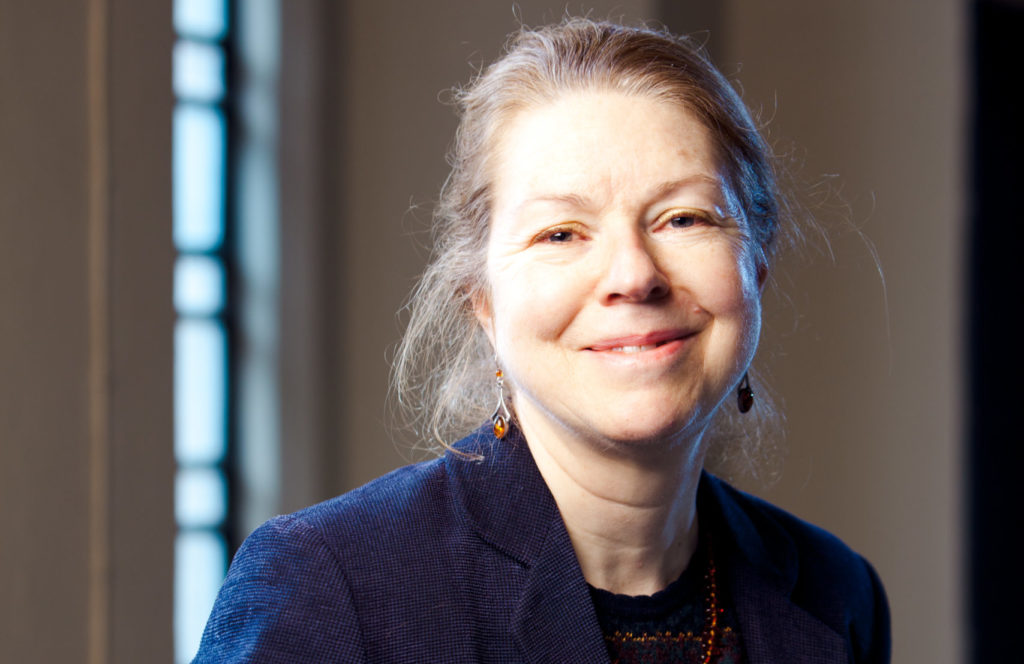
Abstract: Since the early 1990s I have been working on portraiture and trying to see how it could become fully integrated into mainstream historical practice. While I have paid particular attention to portraits of/by those active in the sciences, medicine, and art-making, their potential to inform all kinds of historical practice is huge. One of the most striking features of portraiture is its centrality for institutions of many kinds – guilds, corporations, colleges, professional associations and so on. The proliferation of portrait galleries, especially in the English-speaking world, reinforces the point. I have worked on/in the portrait galleries in Edinburgh, and especially London, and am eager to understand the foundation and workings of the one in Canberra. My talk will pursue these themes in terms of both specific institutions and broader methodological issues in historical practice.
Bio: Ludmilla Jordanova is Emeritus Professor of History and Visual Culture, Durham University, UK, where she was Director of the Centre for Visual Arts and Culture, 2014-19. She has held posts at the universities of Oxford, Essex, York, East Anglia, Cambridge, and London. Her books include: Sexual Visions (1989); Nature Displayed (2000); Defining Features (2000), The Look of the Past (2012) and History in Practice (3rd expanded edition, 2019). Writing Visual Histories, which she co-edited and contributed to, will be published by Bloomsbury Academic in November 2020. She is currently working on a book about portraiture since 1500.
May 6 – Alan Atkinson, University of Sydney, “Skin of the Frog: A Deep Shift in History Writing”
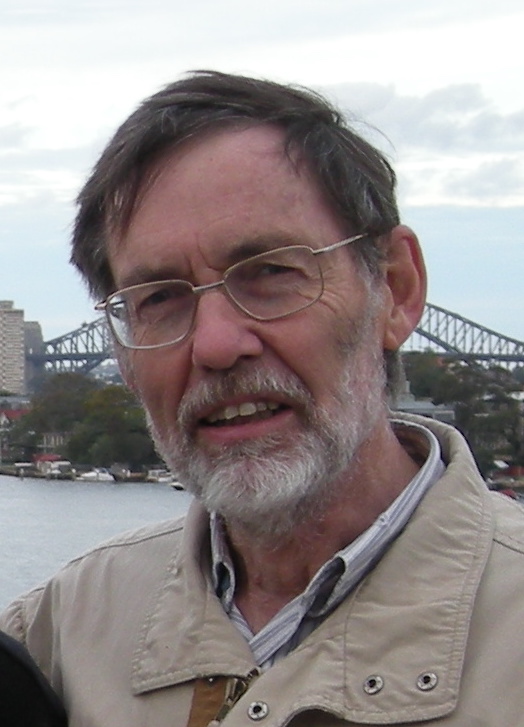
Abstract: This is an effort to make sense of fifty years of history-writing (mine) while at the same time drawing on what I understand to be happening now in the larger world of interdisciplinary scholarship, especially since the 1990s. There are several questions. What does the historian do with subjectivity – their own and all that they find in the past? How is it possible to capture and convey the tender underside of self, so as give it what might be called historical usefulness? I’ve circled around that question for a long time. This paper approaches it through the new hypotheses of “the extended mind”. A good part of the answer seems to lie in getting more unashamedly physical – hence the skin of the frog. There are obvious implications for understanding the colonisation of Australia and for understanding the way individuals radically change their physical circumstances. Even the nexus between “invader” and “settler” can be tackled with notions of the extended mind. In my larger work I am trying to understand how the Macarthur family (who arrived in NSW 1790), steadily accommodated themselves to the land, as unusually powerful but also as hands-on practitioners in the art of invading/settling. Stories of such people have been told over and over. But what happens to those stories when they are filtered through the new approaches to brain and mind – and therefore subjectivity – that have evolved over the last twenty years? I may be barely qualified to say, but this paper, frog-like, makes the plunge.
Bio: Alan Atkinson has written extensively on Australian history. His books include The Europeans in Australia, of which the third volume won the Victorian Prize for Literature. He is a graduate (MA, hon DLitt) and honorary professor of Sydney University, and an emeritus professor of UNE.
May 27 – Leah Lui-Chivizhe, University of Sydney
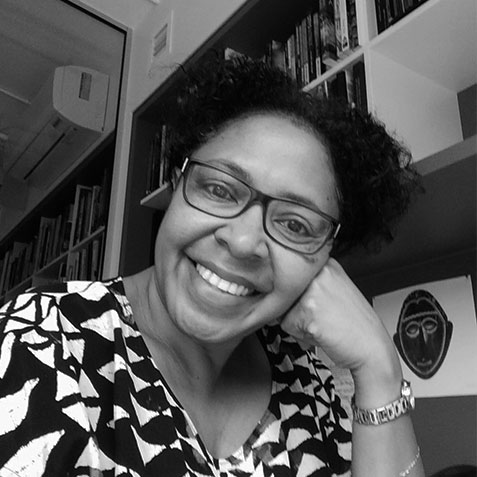
Title and Abstract: TBD.
Bio: Dr Leah Lui-Chivizhe researches in Indigenous histories with a focus on Torres Strait cultural histories and performance. Her current work focuses on 19th c. ethnographic and natural history collections from the region and Islander engagements with these collections for remembering and performing history. Leah has taught in Indigenous Studies at the University of Sydney (Koori Centre 2001-2012) and UNSW (Nura Gili 2013- June 2017).
